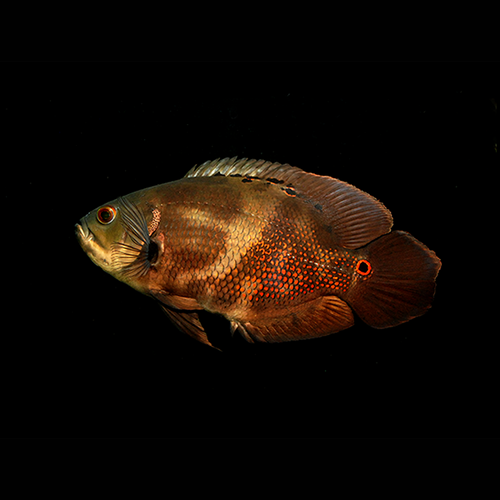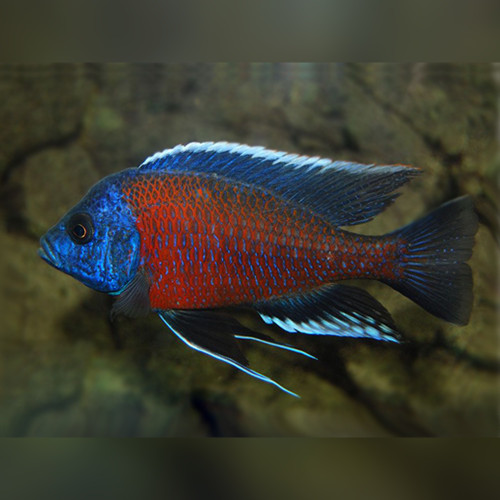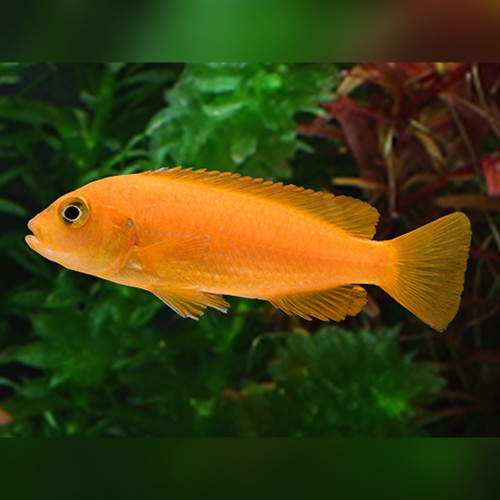SKU:
269
Our Guide To Keeping Red Oscar Cichlid Fish
-
About Fish Species:
- Scientific name: Astronotus ocellatus
- Common name: Red Oscar Cichlid
- Family: Cichlidae
- Origin: South America, specifically the Amazon River basin
- Adult length: Up to 35 cm (14 inches)
- Lifespan: 10 to 15 years
-
Tank Setup:
- Red Oscar Cichlids require a large tank with a minimum capacity of 200 litres, preferably larger as they can grow quite large.
- Provide plenty of hiding spots and caves with rocks and driftwood as they enjoy exploring and having territories.
-
Water Parameters:
- Red Oscar Cichlids thrive in tropical water conditions with a temperature range of 24 to 27°C (75 to 80°F).
- Maintain a pH level between 6.5 and 7.5.
- They are sensitive to water quality, so regular water changes are essential.
-
Filtration and Water Flow:
- Efficient filtration is crucial for Red Oscar Cichlids as they produce a significant amount of waste. Use a powerful filter and perform regular maintenance to keep the water clean.
-
Diet:
- Red Oscar Cichlids are carnivorous and enjoy a varied diet. Offer them high-quality pellets, flakes, and occasional live or frozen foods like bloodworms, brine shrimp, and earthworms.
- Feed them small amounts multiple times a day to mimic their natural feeding behavior.
-
Tank mates:
- While Red Oscar Cichlids can be aggressive, they can coexist with certain tank mates. Avoid small fish that can be seen as prey.
- Compatible tank mates include large peaceful fish such as other cichlids of similar size, large catfish, and some larger tetras.
-
Behavior and Compatibility:
- Red Oscar Cichlids are intelligent and have distinct personalities. They may show aggression, especially during breeding or if they feel threatened.
- Provide plenty of space and hiding spots to minimize aggression. Monitor tank mates for signs of bullying.










